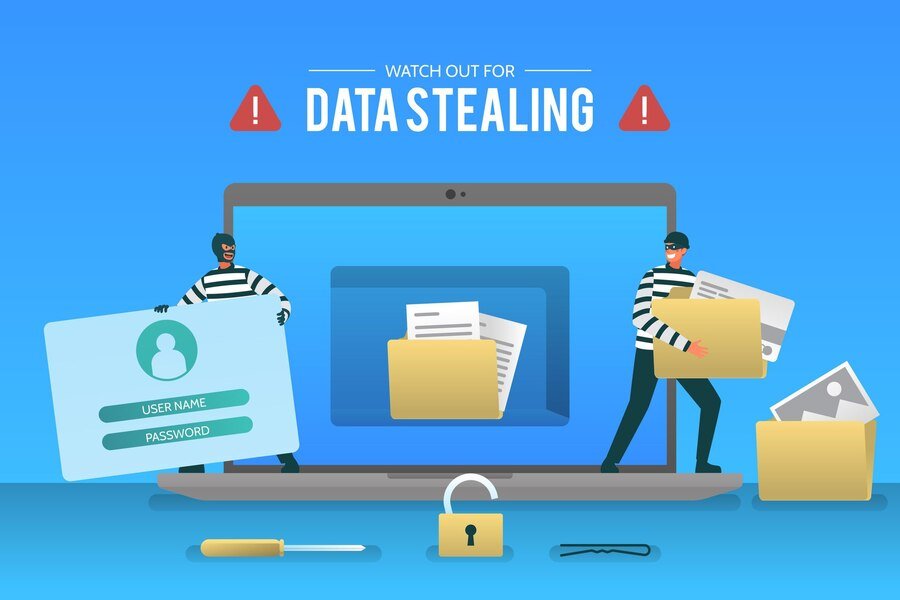Business
Cannot Verify Server Identity
Cannot Verify Server Identity In today’s digital age, where online security is paramount, encountering issues related

In today’s digital age, where online security is paramount, encountering issues related to server identity verification can be a cause for concern. When you try to access a website or connect to a server and encounter the message “Cannot Verify Server Identity,” it indicates that there’s a problem with the server’s SSL certificate or other identity verification mechanisms.
Understanding the Importance of Server Identity Verification
Server identity verification is crucial for establishing a secure connection between a user’s device and the server hosting a website or service. It ensures that the server is who it claims to be, thereby safeguarding sensitive information transmitted over the internet.
Common Causes of Server Identity Verification Failures
Expired SSL Certificates: SSL/TLS certificates play a vital role in encrypting data transmitted between a user’s device and the server. However, if the SSL certificate expires, it can lead to identity verification failures.
Misconfigured DNS Settings: Incorrect DNS settings can prevent the proper resolution of domain names to IP addresses, leading to server identity verification issues.
Server Misconfiguration: Improper server configurations, such as mismatched hostnames or invalid certificate chains, can also result in identity verification failures.
Risks Associated with Unverified Server Identities
When server identity verification fails, it exposes users to various risks, including:
Security Threats: Attackers could exploit the lack of identity verification to intercept sensitive data or launch man-in-the-middle attacks.
Data Breaches: Unverified servers are more susceptible to data breaches, putting user information such as login credentials, payment details, and personal data at risk.
Loss of Trust: Failed server identity verification erodes user trust in the website or service, leading to decreased user engagement and potential reputational damage.
Solutions to Address Server Identity Verification Issues
To mitigate server identity verification issues, organizations can adopt the following measures:
Regular SSL Certificate Renewal: Ensure that SSL certificates are renewed before they expire to maintain secure connections.
DNS Configuration Checks: Regularly audit DNS configurations to ensure proper resolution of domain names.
Server Configuration Audits: Conduct periodic audits of server configurations to identify and rectify any misconfigurations affecting identity verification.
Best Practices for Ensuring Server Identity Verification
Implementing HTTPS: Use HTTPS protocol to encrypt data in transit and ensure secure communication between clients and servers.
Trusted Certificate Authorities: Obtain SSL certificates from reputable certificate authorities to establish trustworthiness.
Monitoring Certificate Expiry Dates: Keep track of SSL certificate expiry dates and renew them well in advance to prevent identity verification failures.
Tools and Resources for Server Identity Verification
SSL Labs: Provides tools for assessing SSL/TLS configurations and identifying potential vulnerabilities.
Certificate Transparency Logs: Monitor certificate transparency logs to detect unauthorized SSL certificates issued for your domains.

Security Headers Checkers: Tools like SecurityHeaders.com help assess the security headers deployed on a website for enhanced protection.
Conclusion
server identity verification is paramount for maintaining a secure online environment. By understanding the common causes of verification failures and implementing best practices and solutions, organizations can mitigate risks and ensure the integrity and security of their online services.
FAQs
What does it mean when I encounter the message “Cannot Verify Server Identity”?
This message typically indicates a problem with the SSL certificate or other identity verification mechanisms of the server you’re trying to connect to.
How can I resolve server identity verification issues?
You can address such issues by ensuring that SSL certificates are up to date, DNS settings are configured correctly, and server configurations are properly maintained.
Why is server identity verification important?
Server identity verification is crucial for establishing secure connections and protecting sensitive information transmitted over the internet from unauthorized access or interception.
What are the risks of encountering unverified server identities?
Unverified server identities can expose users to security threats, data breaches, and loss of trust in the website or service.
What are some best practices for ensuring server identity verification?
Implementing HTTPS, obtaining SSL certificates from trusted authorities, and regularly monitoring certificate expiry dates are key best practices for ensuring server identity verification.
Table of Contents
-

 Tech1 year ago
Tech1 year agoHow to Use a Temporary Number for WhatsApp
-

 Business2 years ago
Business2 years agoSepatuindonesia.com | Best Online Store in Indonesia
-

 Social Media2 years ago
Social Media2 years agoThe Best Methods to Download TikTok Videos Using SnapTik
-

 Technology2 years ago
Technology2 years agoTop High Paying Affiliate Programs
-

 Tech12 months ago
Tech12 months agoUnderstanding thejavasea.me Leaks Aio-TLP: A Comprehensive Guide
-

 FOOD1 year ago
FOOD1 year agoHow to Identify Pure Desi Ghee? Ultimate Guidelines for Purchasing Authentic Ghee Online
-

 Instagram3 years ago
Instagram3 years agoFree Instagram Auto Follower Without Login
-

 Instagram3 years ago
Instagram3 years agoFree Instagram Follower Without Login





















